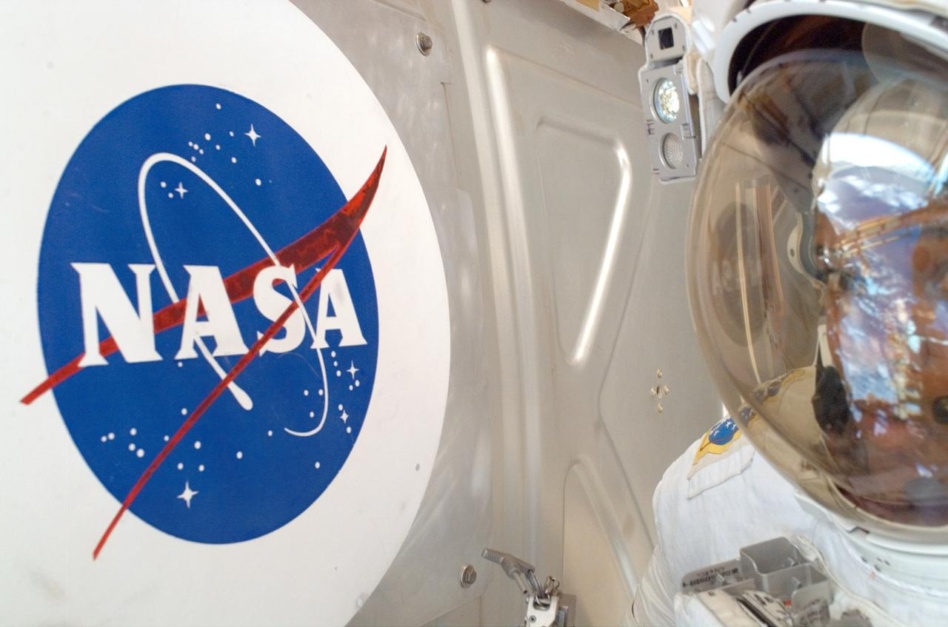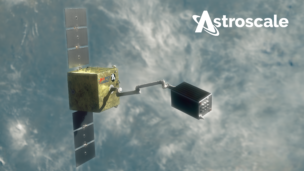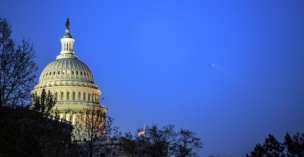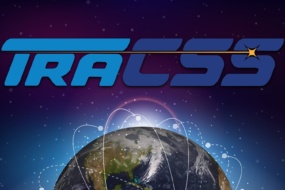NASA is eliminating three offices and cutting the associated staff to comply with an order from the Trump administration, an agency spokesperson announced yesterday.
“To optimize our workforce, and in compliance with an Executive Order, NASA is beginning its phased approach to a reduction in force, known as a RIF. A small number of individuals received notification Monday they are a part of NASA’s RIF,” the spokesperson said in a statement. “If they’re eligible, those employees may opt to participate in the Voluntary Early Retirement Authority, or VERA, or complete the RIF process.”
More details: The space agency will fully close two offices, as well as the branch of a third:
- The Office of Technology, Policy, and Strategy
- The Office of the Chief Scientist
- And the Diversity, Equity, Inclusion and Accessibility Branch of the Office of Diversity Equity and Inclusion.
About two dozen employees will reportedly be affected by the cuts.
Context: NASA was spared from last month’s indiscriminate cut of probationary employees that hit other agencies. The layoffs were part of the Trump administration’s efforts to shrink the government and reduce bureaucracy. At least 1,000 employees were set to be cut before the last minute reversal.
The workforce reductions, however, have already targeted other parts of the federal space workforce. There have been mass layoffs at NOAA, which oversees the US weather satellites. The Office of Space Commerce was also hit by layoffs—though the office was allowed to hire back the leaders of the commercial remote sensing and space tracking missions after pressure from the Commercial Space Federation and AIAA.




